by Karen Van Fossan, for the North Dakota Peace Coalition
Statement made to the press on January 27, 2011
I have spent nearly ten years of my life speaking, writing, protesting, organizing, even singing and dancing for an end to the wars in Iraq and Afghanistan.
I could quote statistics:
* 20% of Americans who die from suicide each year are veterans.
* More than 4,000 troops have died in these wars.
* There is documentation of more than 100,000 civilian deaths in Iraq -- a country we were told we were liberating.
* The cost of these wars now totals more than $1 billion for North Dakota taxpayers alone.
These statistics are not new information. The cry for peace is not a new movement. It occurs to me this morning that I have nothing new to add.
So I'll tell you what others have said.
Jeff Skjelver of Rugby, ND, says this: "When the North Dakota Peace Resolution was previously introduced 4 years ago, I was deployed for my second time to the Al Anbar province in western Iraq. It was clearly obvious to me by then that our presence in Iraq was not to the benefit of the people of the United States, nor to the people of Iraq. Iraq had no involvement in the attacks of September 11, 2001. Weapons of mass destruction were not in Iraq. The people of Iraq did not hate us for our freedoms. Nothing we were told by our leaders about why we had to attack and invade Iraq turned out to be true. In short, the contractors, and those working for contractors, were and have been the only beneficiaries of the US invasion and occupation of Iraq."
A 12-year-old student from Mandan, ND, grapples with a world at war: "I wonder if the world will ever be peaceful...No war in the world? How can people imagine that? I know I can't."
A 12-year-old North Dakota girl cannot imagine peace in our time.
Her peers in Afghanistan, from the Afghanistan Youth Peace Volunteers, would like us to imagine just that. They have asked U.S. and allied forces to leave their country, so they may pursue their own work for sustainable peace.
In this spirit, SCR 4015 not only calls for an end to these wars and occupations -- it holds up nonviolent alternatives that work.
From building schools for children to reestablishing agriculture to preventing violence against women, these alternative programs make a difference -- supporting people to use their own wisdom to solve their own struggles.
My grandfather, a veteran of bloody battles in WWII, tried to explain to me once why he became a proponent of peace. He paused -- and then he said: "I don't like to kill anybody."
Who does?
Thursday, January 27, 2011
Subscribe to:
Post Comments (Atom)
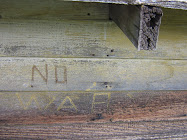
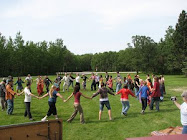

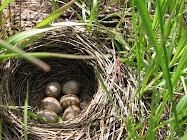


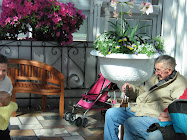
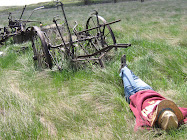

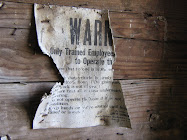
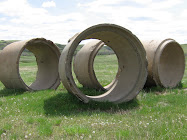
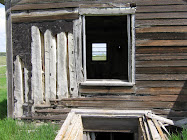
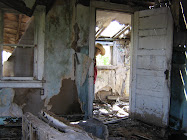
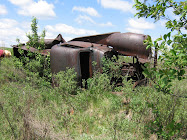
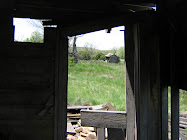
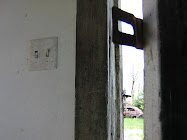




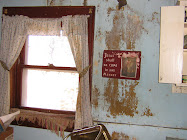

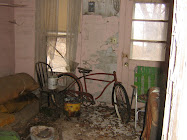
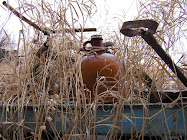
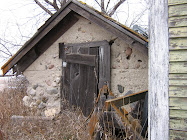
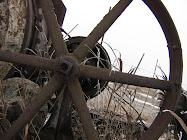
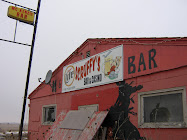
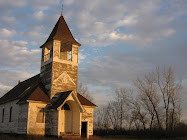


1 comment:
Perfect! We need these words in our times.
Post a Comment